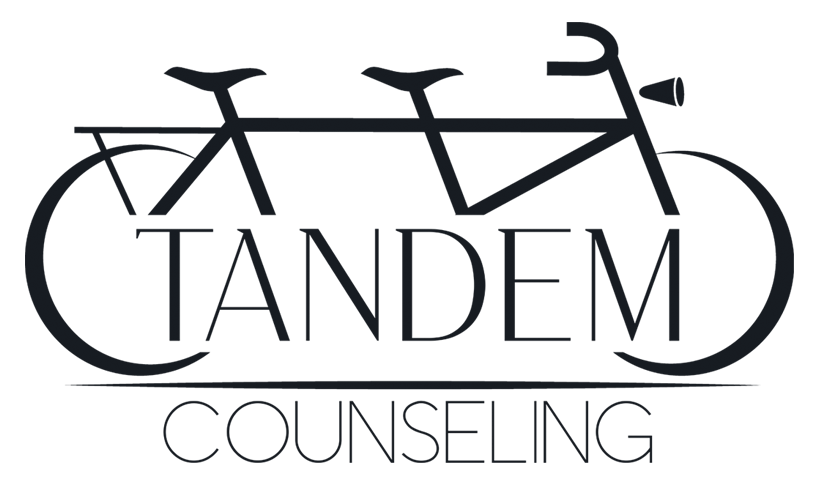Picking a Partner - Who and Why
- annarborholisticth
- Feb 27, 2019
- 3 min read
Updated: Mar 13, 2019
"Pair bonding is not random." Stan Tatkin, founder of the PACT Institute, repeated the sentence regularly during my training, and I’m glad he did because it’s true and well worth remembering. Couples pick one another for a reason. In many cases, that reason is: familiarity. Another way to say this is that in general we are drawn to people we recognize both physically and relationally.
PACT stands for “psychobiological approach to couples therapy” and is heavily informed by neurobiology, arousal regulation and attachment theory. The expert evolutionary biologists, neurobiologists, psychologists, and therapists confirm through experience and research: we find a partner and tend to settle into a relationship dynamic that resembles previous relationships - often a pattern or dynamic we grew up in and around. This is so deeply wired within us that often we don’t even realize the ways in which the dynamics of our family of origin are repeating in our adult relationships. When those patterns are negatively impacting our most important relationships, it’s crucial to understand them as they have the potential to offer us tremendous healing and growth.
Many of the couples I work with are surprised to make the connections between their current adult relationship struggles/patterns and their significant early relationships. However, as soon as the connection is made, there is often a powerful shift in the dynamic of the couple. That shift has some magic and mystery to it, so in some ways I hesitate to analyze it too deeply in this post. At the same time, reasons behind the shift, as well as the implications of it, are important and deserve to be explored - especially since that is precisely what many folks seek from therapy.
One way to simplify the complex processes involved in the shifting of an ingrained dynamic is to think about it through the lens of tension. In our early relationships, interpersonal relational patterns that didn’t meet our needs for safety/security caused varying degrees of tension and became wired into our nervous system. That wiring becomes our default way of acting and behaving in close relationships, often implicitly or unconsciously and with the same associated tension. When that tension impedes our ability to stay calm or regulated, we act from more primal urges and defenses, and our highler levels of reasoning are, in a sense, blocked. In relationship, that often translates into fighting, withdrawl, missatunement, mood swings, etc. We may feel the effects physically as health issues and/or emotionally as stress that affects our relationships and overall feelings of wellbeing.
When the patterns that have held that tension in place for so long surface in a safe, supported space, the needs for safety/security can finally be acknowledged and met and the patterns causing tension can shift. For adults, the absense of that tension can lower defenses and free up resources to observe the root cause of the relationship dynamic in a more neutral way as those higher brain functions are accessed. Partners can learn how to tune into one another in order to help relieve stress and conflict and even to co-create new wiring for interpersonal relationships. Blame and shame for behavior that doesn’t seem pro-relationship gradually becomes replaced by understanding and compassion, and couples can move forward with new appreciation for their resiliency (survival strategies and adaptations that are developed to get our needs met). Of course we developed those early patterns of interacting because we needed to adapt to specific circumstances. Our parents and grandparents did the same. What a relief to come to that understanding together, with our partner, and to make new explicit agreements to support one another in developing healthy relationship dynamics based on current circumstances.
Pair bonding is not random. In fact the person we choose to couple with may actually hold the key to tremendous personal/relational growth and development. In that case, may we proceed with great care and intention. May we honor our close relationships and hold them as the sacred connections they are - to the past, to the future, and to our hearts.
*To read more about my services and PACT Couples Therapy: https://www.annarborholistictherapy.com/pact-a-psychobiological-approach-to?fbclid=IwAR0tDMbWpm7AZSWWh4SBhw4otHqzGvyAcWpfPMMjGhH4DUywdv3bwvjIaeo


















Comments